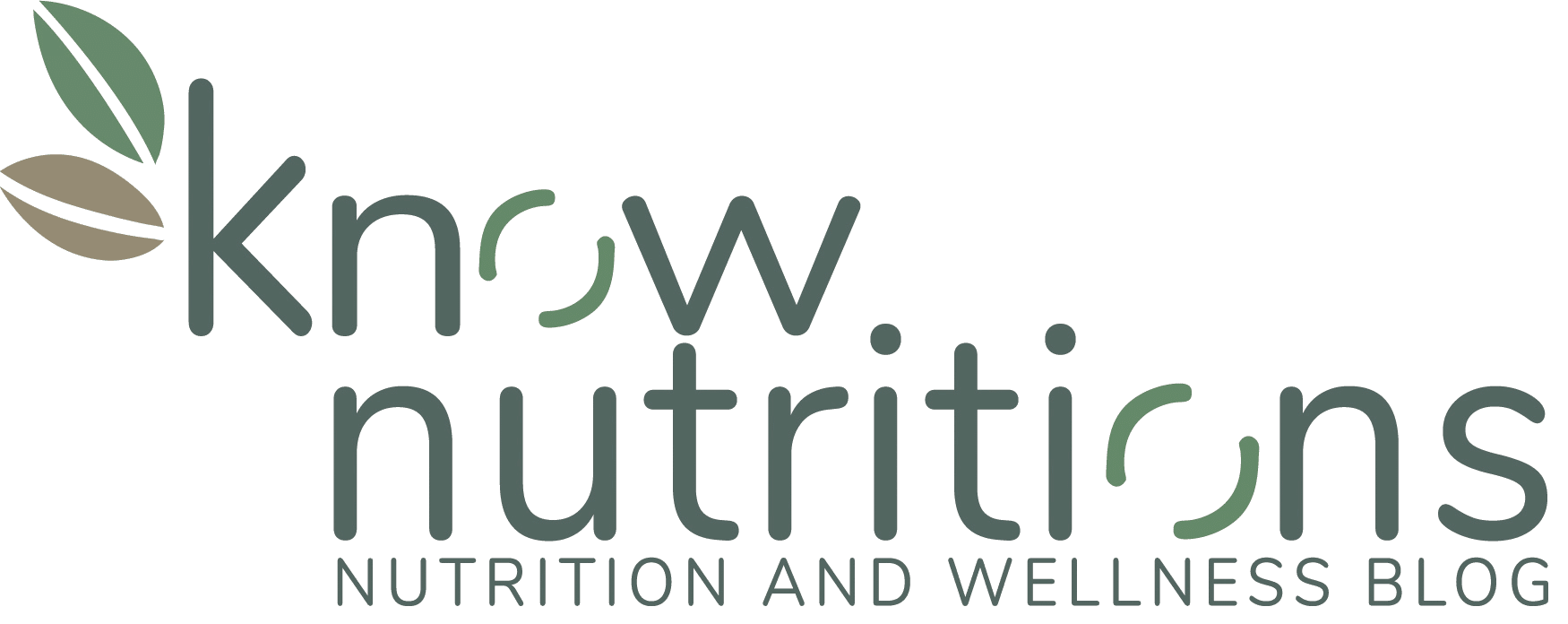Maintaining muscle mass when sick can be challenging, but it is crucial for a swift recovery and overall health. Illness can lead to muscle atrophy due to inactivity, changes in metabolism, and nutritional deficiencies. This comprehensive guide, supported by statistics and expert advice, will explore practical strategies for maintaining muscle mass when sick.
As we delve deeper into this topic, it’s essential to understand the physiological and nutritional aspects that contribute to maintaining muscle mass when sick. By implementing the right strategies, you can mitigate the effects of sickness on your body and effectively support your recovery.
The Science Behind Muscle Loss During Illness
When you’re sick, your body undergoes physiological changes that can accelerate muscle loss. Illness often leads to reduced physical activity, which causes the muscles to weaken due to disuse. Research shows that significant muscle atrophy can begin after five days of inactivity, with individuals losing up to 0.5% of their muscle mass daily in severe cases. This is particularly concerning for those with pre-existing health conditions or older adults, as they may experience more rapid declines.
Understanding these mechanisms is vital for developing effective strategies to combat muscle loss. Additionally, being sick often disrupts eating habits. A lack of appetite or difficulty eating can result in insufficient protein and calorie intake, essential for maintaining muscle mass when sick. To make matters worse, illnesses such as infections or fevers increase your body’s metabolic rate, meaning it burns more calories at rest. If your nutritional needs aren’t met during this time, your body may break down muscle tissue for energy, known as catabolism.
The Importance of Nutrition in Maintaining Muscle Mass
Nutrition plays a pivotal role in maintaining muscle mass when sick. A balanced diet rich in protein, carbohydrates, and healthy fats is essential for recovery. Proper nutrition supports muscle maintenance and aids in immune function and overall healing.
Protein: The Building Block of Muscle
Protein is the cornerstone of maintaining muscle mass when sick. It provides the amino acids your body needs to repair damaged tissues and prevent muscle breakdown. During illness, protein requirements increase because your body works harder to recover. While the general recommendation for protein intake is 0.8 grams per kilogram of body weight for healthy adults, experts suggest increasing this to 1.2–2.0 grams per kilogram when ill.
If you want to maintain muscle mass when sick, you should incorporate high-quality protein sources like chicken breast (31g per 100g), eggs (13g per 100g), Greek yogurt (10g per 100g), lentils (9g per 100g), and quinoa (4g per 100g) into your diet during recovery. These foods not only provide essential amino acids but also come with additional nutrients that support overall health.
If eating solid food is difficult due to nausea or other symptoms, consider protein shakes or soups fortified with protein powder as an alternative. These options are easier to digest while providing the necessary nutrients to prevent muscle breakdown and help you maintain muscle mass when sick.
Calories and Macronutrient Balance
While protein is critical for those looking to maintain muscle mass when sick, don’t neglect carbohydrates and fats—your body needs a balanced diet for optimal recovery. Carbohydrates provide the energy required for essential bodily functions and immune response while sparing protein for muscle repair rather than energy production. Healthy fats like avocados and nuts support hormone production and reduce inflammation.
If you’re struggling with appetite loss, focus on nutrient-dense foods that pack a lot of calories and nutrients into small portions. Smoothies made with fruits, nut butter, and protein powder are easy to boost calorie intake without overwhelming your digestive system.
As you navigate your diet during illness, remember that variety is key to effectively maintaining muscle mass when sick. Incorporating a wide range of colorful fruits and vegetables can provide essential vitamins and minerals that support immune function and overall health during recovery.
Staying Hydrated: Why It Matters More Than Ever
Hydration is vital in maintaining muscle mass when sick because water is essential for every bodily function. Muscles are approximately 75% water; dehydration can impair their ability to contract efficiently and recover from stress. When you’re dehydrated—whether due to fever, vomiting, or diarrhea—your muscles become more prone to cramping and fatigue.
The Role of Hydration in Muscle Function
If you want to maintain muscle mass when sick, aim to drink enough fluids throughout the day to make your urine light yellow or clear. Water is always a great choice; however, herbal teas or electrolyte-rich drinks like coconut water can also help replenish lost minerals such as potassium and sodium.
Incorporating hydration strategies into your daily routine can significantly impact how you feel during illness. Keeping a water bottle nearby or setting reminders on your phone can help ensure you stay hydrated throughout the day.
Electrolytes: Not Just for Athletes
Electrolytes are minerals that regulate fluid balance in the body and support nerve function—both crucial for maintaining healthy muscles during illness if you’re trying to maintain muscle mass when sick. You may need an electrolyte boost if you’ve been sweating excessively due to a fever or experiencing gastrointestinal symptoms like diarrhea.
To effectively restore balance, look for drinks that contain sodium, potassium, magnesium, and calcium. In addition to commercial sports drinks, natural sources such as broth (which contains sodium) and fruits like bananas (rich in potassium) can help replenish electrolytes effectively. By prioritizing hydration and electrolyte balance during illness, you support muscle function and aid digestion and nutrient absorption—both critical factors for recovery from illness.
Adjusting to Physical Activity During Illness
While resting is crucial during illness, some light physical activity may help maintain muscle mass correctly. Understanding how much activity is appropriate based on your symptoms can significantly improve your recovery.
Knowing When (and How) to Exercise
Although exercising while sick might seem counterintuitive, light physical activity can sometimes benefit recovery and, if done correctly, help maintain muscle mass. Experts recommend following the “above-the-neck” rule: if your symptoms are limited to a runny nose or sore throat (above the neck), gentle exercises like walking or stretching may be safe.
However, if you have symptoms like fever or chest congestion (below the neck), it’s best to rest completely until you feel better. Light movement helps maintain circulation and prevent stiffness without overloading your immune system; yoga or low-intensity cycling can keep your muscles engaged without causing further strain.
Listening closely to how your body feels during these activities is essential; if you notice increased fatigue or discomfort after light exercise sessions aimed at helping you maintain muscle mass when sick, prioritize rest until you feel stronger again.
The Importance of Rest Days
On days when exercise feels impossible—which will likely happen during more severe illnesses—it’s important not to feel guilty about resting if you’re trying hard to maintain muscle mass when sick. Rest allows your immune system to focus entirely on fighting off infection rather than diverting energy toward physical activity.
Once you start feeling better, gradually ease back into exercise rather than jumping straight into high-intensity workouts. Start with short sessions of low-intensity activity before progressively increasing duration and intensity as tolerated.
This gradual approach helps rebuild strength without overwhelming your body after inactivity due to illness. It’s also beneficial for mental well-being; setting achievable goals during recovery can help maintain motivation while allowing adequate time for healing.
Supplements That Support Muscle Maintenance
In addition to nutrition and exercise adjustments aimed at helping you maintain muscle mass when sick, certain supplements may aid in keeping this goal during illness. These supplements can provide additional support when dietary intake alone may not suffice.
Creatine: A Proven Ally Against Muscle Loss
Creatine is one of the most researched supplements for building and preserving muscle mass. It works by increasing energy availability in muscle cells during short bursts of activity, which is helpful even during periods of inactivity caused by illness. Maintaining muscle mass when sick is crucial.
Research shows that creatine supplementation can enhance recovery from intense exercise sessions by reducing inflammation markers after exercise while promoting faster regeneration of ATP (adenosine triphosphate)—the primary energy carrier within cells—when energy demands are high due to illness-related stressors on the body.
If you’re considering creatine supplementation during illness recovery, consult with a healthcare professional beforehand. They can provide personalized recommendations based on individual health status and specific needs explicitly related to enhancing recovery efforts after illness!
Branched-Chain Amino Acids (BCAAs)
BCAAs—leucine, isoleucine, and valine—are essential amino acids that play a key role in muscle repair and recovery if you’re looking at how best to maintain muscle mass when sick. They are particularly beneficial and directly stimulate muscle protein synthesis when protein intake is inadequate because they promote muscle protein synthesis directly.
BCAA supplements are available in powder form. They can be added conveniently to water or smoothies for easy daily consumption. This is especially helpful if solid food intake remains challenging due to illness-related nausea. Research indicates BCAAs may also help reduce exercise-induced soreness while improving overall recovery time post-workout!
Incorporate these supplements thoughtfully into your routine alongside proper nutrition practices explicitly tailored to individual needs throughout the healing journeys ahead!
Final Takeaway:
Maintaining muscle mass when sick requires a multifaceted approach involving proper nutrition practices, hydration strategies, and rest periods tailored to individual needs. By understanding how illness affects physical and mental states, implementing these strategies consistently minimizes potential losses while supporting faster recoveries overall!
Incorporating these practices into daily routines helps maintain current fitness levels and prepares individuals for stronger comebacks once they feel better! Remember to always listen closely to your body’s signals. Consult healthcare professionals regarding any uncertainties surrounding exercise and dietary adjustments necessary throughout the healing journey!
By prioritizing health during sickness and following the expert tips outlined here, individuals can set themselves up for successful recoveries, ensuring their muscles remain strong and ready for action once they are back on their feet!
FAQs
Do You Lose Muscle Mass When You Are Sick?
Yes! Studies show that inactivity and poor nutrition during illness can lead to rapid muscle loss within a few days. Your body breaks down existing tissue stores, seeking energy sources to sustain vital functions while fighting infections!
Can You Rebuild Muscles After Illness?
Absolutely! With proper nutrition (especially adequate protein), hydration practices tailored to individual needs, and rest periods accounted for alongside gradual return exercise post-illness, most people effectively regain any lost strength over time!
How Much Protein Should I Consume When Sick?
Experts recommend increasing protein intake during illness to 1-2 grams per kilogram of body weight daily—higher than standard requirements—to effectively support recovery efforts and prevent catabolism caused by insufficient nutrient availability!
Is It Safe To Exercise While Sick?
It depends on the severity of the symptoms! Light activities like walking may be safe if symptoms are mild (e.g., runny nose); however, rest becomes essential if you experience fever fatigue, which requires full attention devoted solely to the healing process!
Accordion Symptoms are as follows: Does sleep play a role in recovery?5
Sleep promotes growth hormone release—a key factor in tissue repair immune function, helping preserve existing muscular integrity while combating effects associated with various illnesses encountered throughout life!










